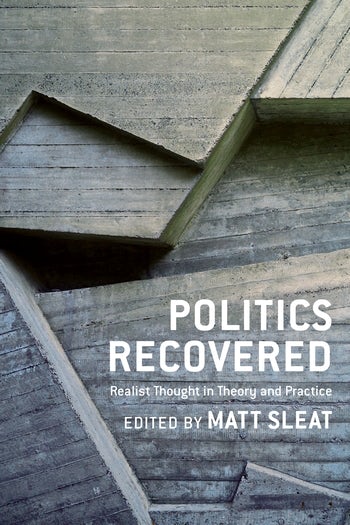On Russia with an open mind — Stephen Cohen

In a wide-ranging essay on thew Web site Rorotoko, Stephen Cohen discusses his recently published work Soviet Fates and Lost Alternatives: From Stalinism to the New Cold War.
While Cohen has been called upon in recent days to discuss Obama trip to Russia (see here and here), his book focuses Russian and Soviet history and its possible implications for the present. Cohen believes that the Soviet Union as much as any country defined the twentieth century yet its recent history is poorly understood by most in the United States.
“Most historians and journalists in the United States say that what happened in the Soviet Union was a straight line of inevitable development, from the moment the Communists took power in 1917 until the time the Soviet state broke apart in 1991.
Each chapter of my book disagrees with this orthodoxy. And it explains why one road was taken and not another. I look at the real alternatives that were at each turning point and at the fates of the leaders who represented those roads not taken.”
Thus some of the issues that Cohen explores includes the supposed inevitability of Stalinism, whether the Soviet Union still exist today had Khrushchev remained in power, and the success of Gorbachev’s policies. Cohen also poses the question “how is the historic end of the Soviet Union to be explained?” He argues that the triumphalist narrative that has taken hold (The United States “won” the Cold War) is not only inaccurate but has shaped American policy toward Russia in ways that have adversely affected relations between the two countries.
While Reagan and the first Bush “said that the end of the Cold had been negotiated, by both sides, without winners or losers,” the triumphalist narrative took hold during the Clinton administration. Moreover, it was during Clinton’s terms in offices that the de-democratization of Russia began under President Boris Yeltsin.
The “de-democratization” of Russia, a word that’s used to characterize Putin’s rule, actually began in the 1990s, under President Boris Yeltsin. And it was supported by the Clinton administration. Putin is the result of that de-democratization—not the primary cause of it. We have something to answer for in this regard.
“The argument that Yeltsin began the de-democratization of Russia leads to an explanation of what has happened in Russia during the last twenty years. Yeltsin allowed a small elite to plunder the property of the state, the country’s enormous natural riches. It was the procreation of this oligarchical class that brought an end of democracy. No plundering oligarchical elite can allow the people to vote freely: the people would vote against them, and probably do even worse to them.
Some role was played, of course, by “the Russian tradition.” But the immediate cause of de-democratization was the desire of the oligarchical class, which had much of this property, to hold on to it. The fear that a democratic Russia, a freely elected parliament, for example, would not only cost them their property, but perhaps even their lives, continues to be the main reason why Russia does not have a democracy today.
In other words, my book argues that something has to happen about the billions and billions of dollars that were stolen, before we begin to think about re-democratization in Russia. A number of real Russian democrats are aware of this. And they have come up with various proposals to solve the property question. But there is little, if any, awareness of that in the United States. I’ve never seen any of this in the American media, even in our leading newspapers.”
Finally, Cohen also looks back to his Kentucky roots and the ways in which it shaped his “alternativist” approach to his history.




